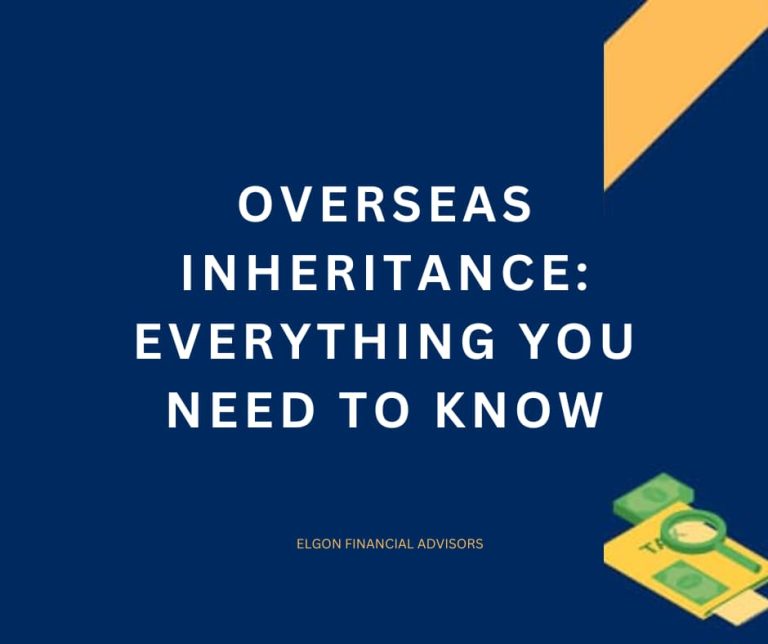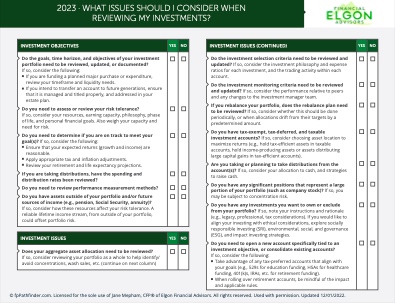Today, I’m going to show you how IRS gets information about your foreign accounts.
If you have roots outside the US, and you moved here as an adult, there is a very high chance that you have some foreign assets.
This could be in the form of investment accounts, savings accounts, rental properties, or other assets.
Anytime, I bring up reporting foreign assets, I get one of these answers
- Oops, I had no idea.
- I know about that, and I’m doing what I need to do
- There is no way the US government knows about affairs in other countries.
I’m going to tell you exactly how they know about your financial affairs in other countries.
Citizenship-Based Taxation
The US has a citizenship-based taxation system. This basically means that once you are a US tax resident, you’ll always be a US tax resident. In short if you live in the US, and you are filing taxes as a US person, you need to include everything you own in the world in this reporting, regardless of where the assets are located.
The reporting does not always mean that you owe taxes, which is a misconception I see all the time.
The simplest reporting, in terms of the lowest amounts of money involved, is the FBAR filing, which I have written about before.
Any time the combined balances of your foreign accounts reaches $10,000, you have to report this information via the FBAR filing when you file your taxes. (1)
My suggestion is to never, ever ignore this filing because IRS knows about your foreign affairs, especially if your foreign bank is anything like mine.
Letter From Foreign Bank
Last week, I got an email from my foreign bank. The balance in the account is minimal, but that has nothing to do with it.
From what I can tell the foreign bank loves having me as a client but also cares a lot about staying on the right side of the US government (IRS).
This is the actual message, I got (I have removed personal details)
…………………………………………………………………………………………….
Dear Jane Mepham
We would like to draw your attention to your Accounts held with us under Diaspora Banking.
As per the United States Tax regulations, Foreign Account Tax Compliance Act (FATCA), <Bank Name> Bank is required to report on your foreign assets held in <Country> and in this case your accounts with us.
To facilitate this compliance, we request that you download, print, fill in the below forms, and send back to us via email:
1. FATCA W9 Form – Download it here
2. Customer Irrevocable Authorization Waiver Form – Download it here
3. FATCA W8 Form- Download it here
For more information on the FATCA requirements and implications for you as a US Resident, please click here for FAQs.
………………………………………………………………………………………………………
FATCA Compliance Act
Under the FAQs they provided, the following is the most interesting information.
FATCA compliance act is a 2010 US legislation that requires all non-US financial institutions to identify customers with indicia of a connection to the US and report the assets and identities of such persons to the Internal Revenue Service (IRS).
It goes on to explain that if the local bank does not comply and notify IRS about US-connected account holders, it’s likely to
- Suffer a competitive disadvantage due to the application of the 30% withholding tax.
- Make it difficult to do business with other compliant financial institutions.
Essentially if the local bank (foreign), sees any signs or indications (indicia) that you might be a US resident, they are going to let the IRS know that one of the US residents has an account overseas.
It doesn’t matter if this is a joint account with a non-US resident, they’ll still report it to the IRS.
According to my bank, if I don’t provide the info, they are requesting via the download forms, this is the action they are going to take.
“The bank will report information about customers who do not provide the required documentation to the IRS as non-compliant or recalcitrant account holders.”
They go on to explain that they’ll probably have to withhold taxes on US-sourced payments coming into the account.
My bank like to use strong words. So I have gone ahead and looked up the meaning of recalcitrant.
It means obstinately defiant of authority or restraint, resisting authority, difficult to deal with – you get the idea.
So the bank will tell on you to IRS, so when you complete the FBAR filing, you are just confirming the information they already have.
Penalty for Not Reporting Foreign Assets
If you fail to report your foreign account, you could be liable for a penalty that’s as high as 50% of the account value.
So the IRS already knows about your foreign accounts, the best thing you can do is report them when it’s time to file your taxes.
To create wealth and work towards achieving your American dream, understand the rules and ensure you are not paying penalties where you don’t need to.
Need Help?
Foreign tax issues can complicate your path to financial freedom. We are here to assist you in any way we can. Click here if you’d like to set up a meeting and chat on the above topic or any other financial issues that affect foreign-born families in the US.
To stay on top of Elgon’s blog posts by email, please sign up here.
Sources
(1) https://www.fincen.gov/resources/filing-information
(2) https://www.irs.gov/businesses/corporations/foreign-account-tax-compliance-act-fatca
Disclaimer: This article is provided for general information and illustration purposes only. Nothing contained in the material constitutes tax advice, a recommendation for the purchase or sale of any security, investment advisory services, or legal advice. I encourage you to consult a financial planner, accountant, and/or legal counsel for advice specific to your situation. Reproduction of this material is prohibited without written permission from Jane Mepham and all rights are reserved. Read the full disclaimer here.






